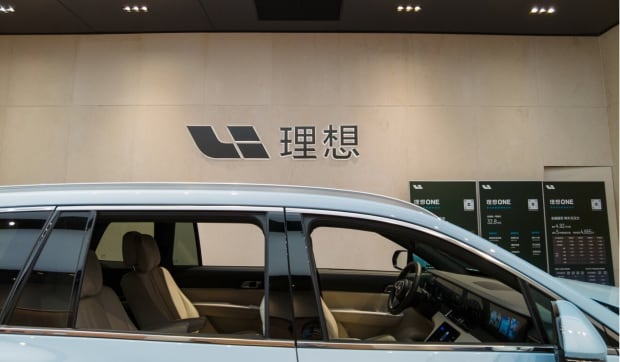Electric-vehicle demand continues to grow as more and more consumers cross the psychological barrier and buy their first EVs.
This shift is fueled by carmakers' efforts to bring EVs into the mainstream. It is the rare major car manufacturer that does not offer an electric model.
Also helping the switch is that most authorities have made the battle against climate change a priority and offer tax credits for purchases of clean vehicles.
Yet another factor: The surge in gasoline prices has persuaded some households to calculate the savings they would see with an electric vehicle. EVs generally cost more to buy but in the long term could be cheaper than a gasoline-powered car.
Bottleneck
The International Energy Agency said on Sept. 22 that 2022 is "expected to see another all-time high for electric-vehicle sales, lifting them to 13% of total light-duty-vehicle sales globally."
In 2021 some 6.6 million EVs were sold, accounting for nearly 9% of the car market, according to the IEA. In Q1 2022, the agency calculated, sales of EVs had reached 2 million units, an increase of 75% from the year-earlier quarter. The industry is therefore clearly on track for a record year.
But a problem still could derail the rise of electric vehicles: the supply-chain disruptions stemming from the covid-19 pandemic and Russia's invasion of Ukraine.
This has just been confirmed by one of EV-market leader Tesla's (TSLA) Chinese rivals.
Li Auto (LI) has lowered the number of vehicles that the group intends to deliver in the third quarter of 2022.
The young EV maker intends to deliver 25,500 electric vehicles against an initial estimated range of 27,000 to 29,000. That's a drop of 5.6% to 12%.
"The revision is a direct consequence of the supply-chain constraint, while the underlying demand for the company’s vehicles remains robust," Li Auto explained in a news release. "The company will continue to closely collaborate with its supply-chain partners to resolve the bottleneck and accelerate production."
Li Auto started producing electric vehicles in large volumes in 2019. Its portfolio includes two SUV: the Li One, a six-seat, large premium electric SUV, and the Li L9, a six-seat full-size SUV.

China Extends Crucial Aid
Automakers face disruptions in China linked to the government's zero-covid policy, which imposes lockdowns in some regions affected by the virus.
Car manufacturers and some of their suppliers are thus forced to temporarily close factories or reduce their production capacities because they lack certain parts, are not authorized to open, or their employees cannot get to work.
Russia's war in Ukraine has driven up the prices of certain raw materials such as lithium, nickel and cobalt, necessary for producing EV batteries..
Aware that its hard line can affect the demand for electric vehicles, Beijing has made an optimistic announcement to maintain interest in clean cars.
New-energy vehicles -- fully electric cars and plug-in hybrids -- will be exempt from purchase tax until Dec. 31, 2023.
China introduced this bonus in 2014 and has extended it. Along with other incentives it has helped make the country the world's leading market for EVs.
This aid has indeed also enabled the emergence of startups like Li Auto, Nio (NIO), and XPeng (XPEV), which have made clear their ambitions to compete with Tesla, the world leader in electric vehicles based on sales and market share.




.jpg?w=600)


